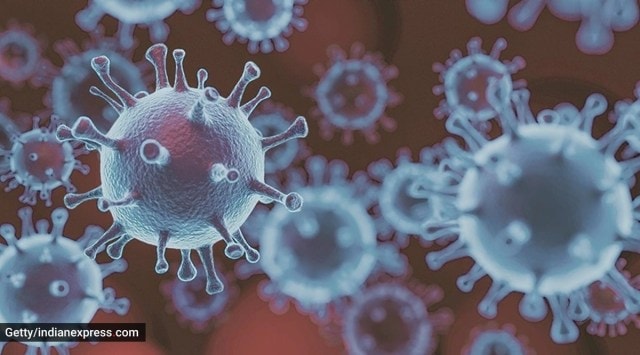While mostly mild, small group of immunocompromised vulnerable to severe Covid infections
The researchers are now sharing the real-world infection outcomes for this clinically at-risk group
 Who are vulnerable to severe Covid? (Source: Getty Images/Thinkstock)
Who are vulnerable to severe Covid? (Source: Getty Images/Thinkstock) While infections in patients with inadequately functioning immune systems are largely mild, patients with renal and inflammatory diseases and stem cell transplants are particularly vulnerable to severe infections, a long-term UK study has found.
Nearly 18 per cent of, or 474, the immunocompromised patients were infected with COVID-19 up to one year after their first vaccination, the study in 2,686 such patients who were doubly vaccinated found.
90 per cent of the total 474 infections were, however, mild in severity, including some asymptomatic cases, researchers from the University of Sheffield found, who are part of an ongoing OCTAVE trial, led by the Universities of Glasgow, Birmingham, Oxford, among other leading institutions.
76 per cent (360) were in patients with a kidney transplant, inflammatory arthritis and Crohn’s Disease (small intestinal inflammatory disease), occurring more than six months after the second vaccination. A majority of these infections were also first-time SARS-CoV-2 infections.
9.8 per cent either were hospitalised or resulted in death and occurred predominantly in patients with renal disease, the study published in the journal Nature Medicine found.
Of the 474 infections, 336 came from the Omicron variant, 110 from Delta and 1 from Alpha, with infections during the Delta wave having been more serious than those during the Omicron wave, the researchers said.
In some disease groups, notably in stem cell transplant patients, while overall infection rates were low, the proportion of severe cases was found to be high.
The OCTAVE study had released preliminary data in August 2021, which had showed that a significant 39 per cent of the immunocompromised investigated mounted a low, or undetectable, immune response after two doses of the same vaccine. The study included data from 2021 to mid-2022.
The researchers are now sharing the real-world infection outcomes for this clinically at-risk group.
“Patients who have received various forms of treatment for blood cancers, including bone marrow transplantation and CAR-T therapy, are particularly susceptible to developing severe complications of Covid-19 infection, yet many respond poorly to vaccination,” said John Snowden, Director of Blood and Marrow Transplantation Programme at Sheffield Teaching Hospitals NHS Trust, also part of the research team.
“OCTAVE provides an important understanding of how vaccines provided protection for many groups of the most clinically vulnerable, and how the variants of the disease affected how effective they were.
“We can see that there are areas of particular concern where vaccines didn’t adequately protect against Covid-19, including some patients with renal diseases and some inflammatory conditions,” said Pamela Kearns, Director of the Cancer Research UK Clinical Trials Unit at the University of Birmingham.
“Importantly, both the T cells and Antibody responses to vaccines were shown to protect against severe disease in immunocompromised patients,” said Eleanor Barnes, Professor of Hepatology and Experimental Medicine at University of Oxford.
📣 For more lifestyle news, follow us on Instagram | Twitter | Facebook and don’t miss out on the latest updates!


- 01
- 02
- 03
- 04
- 05

























